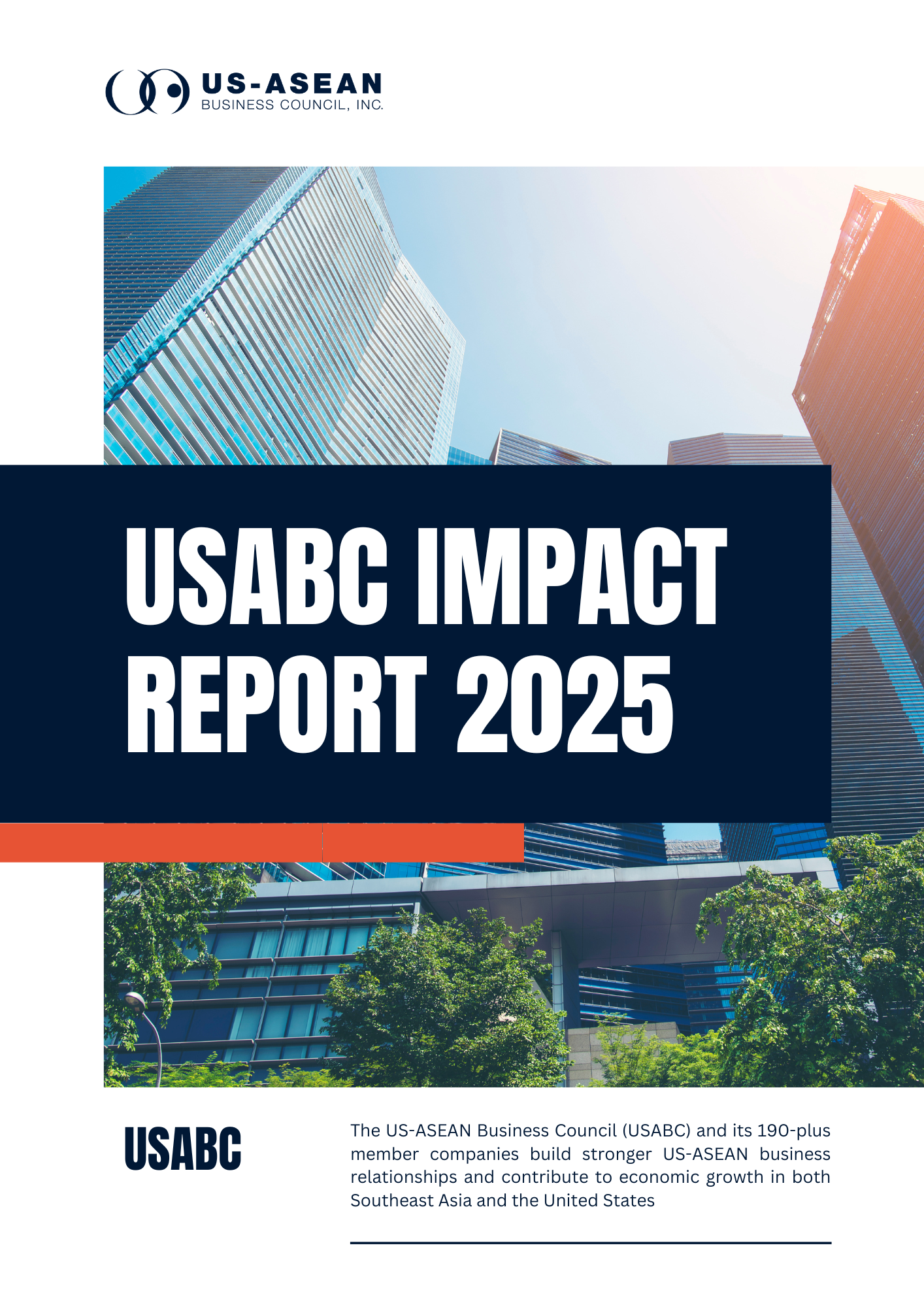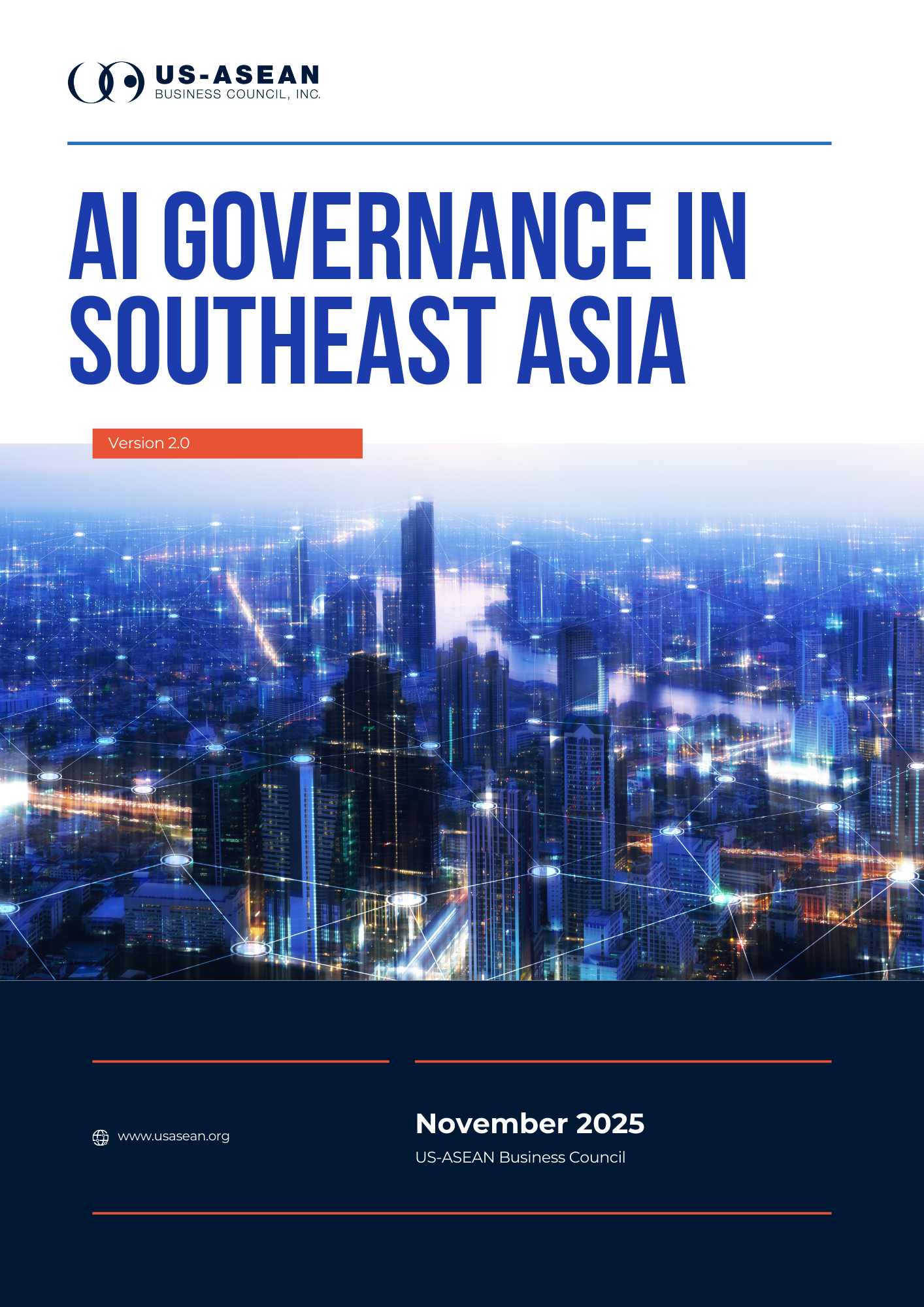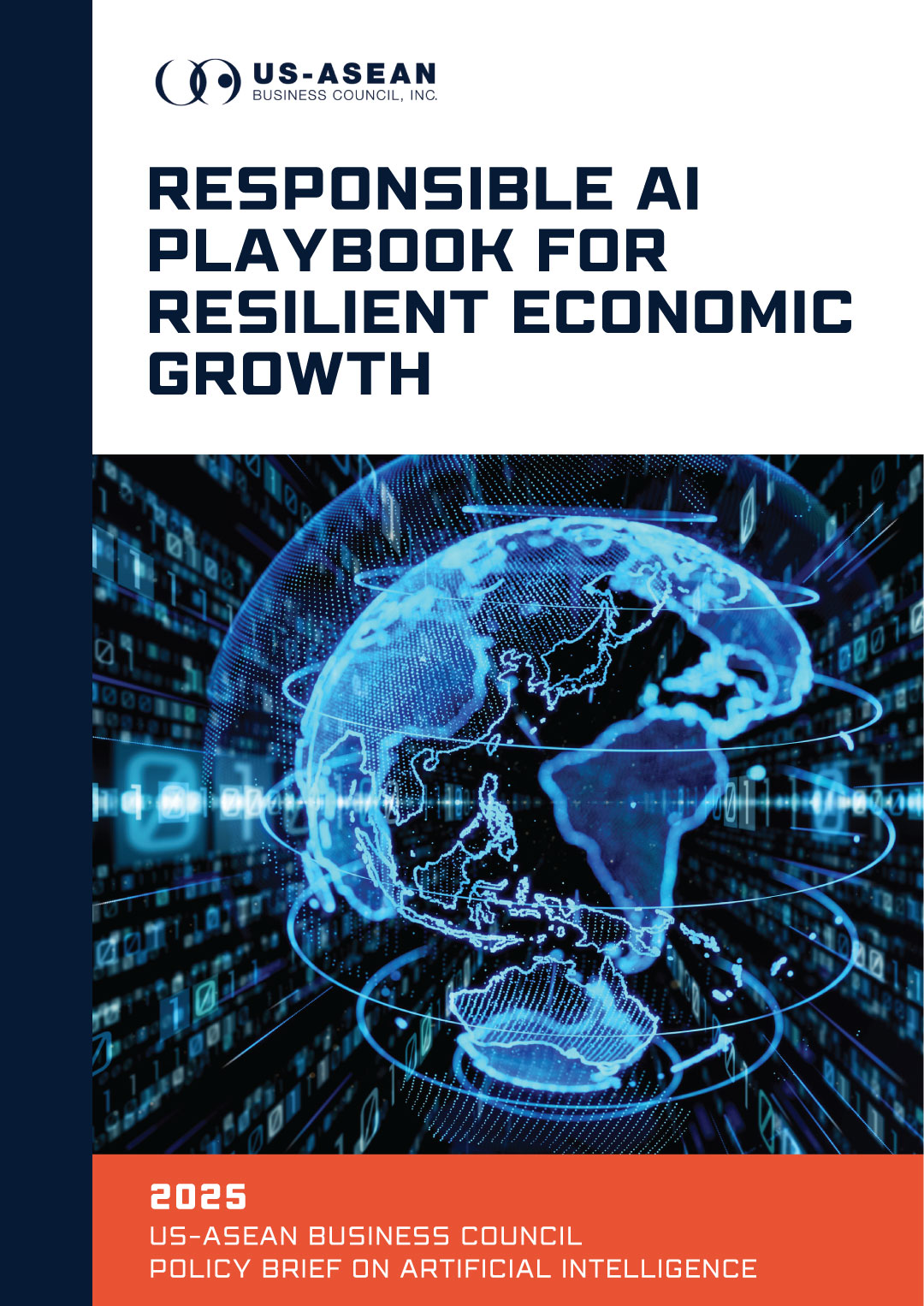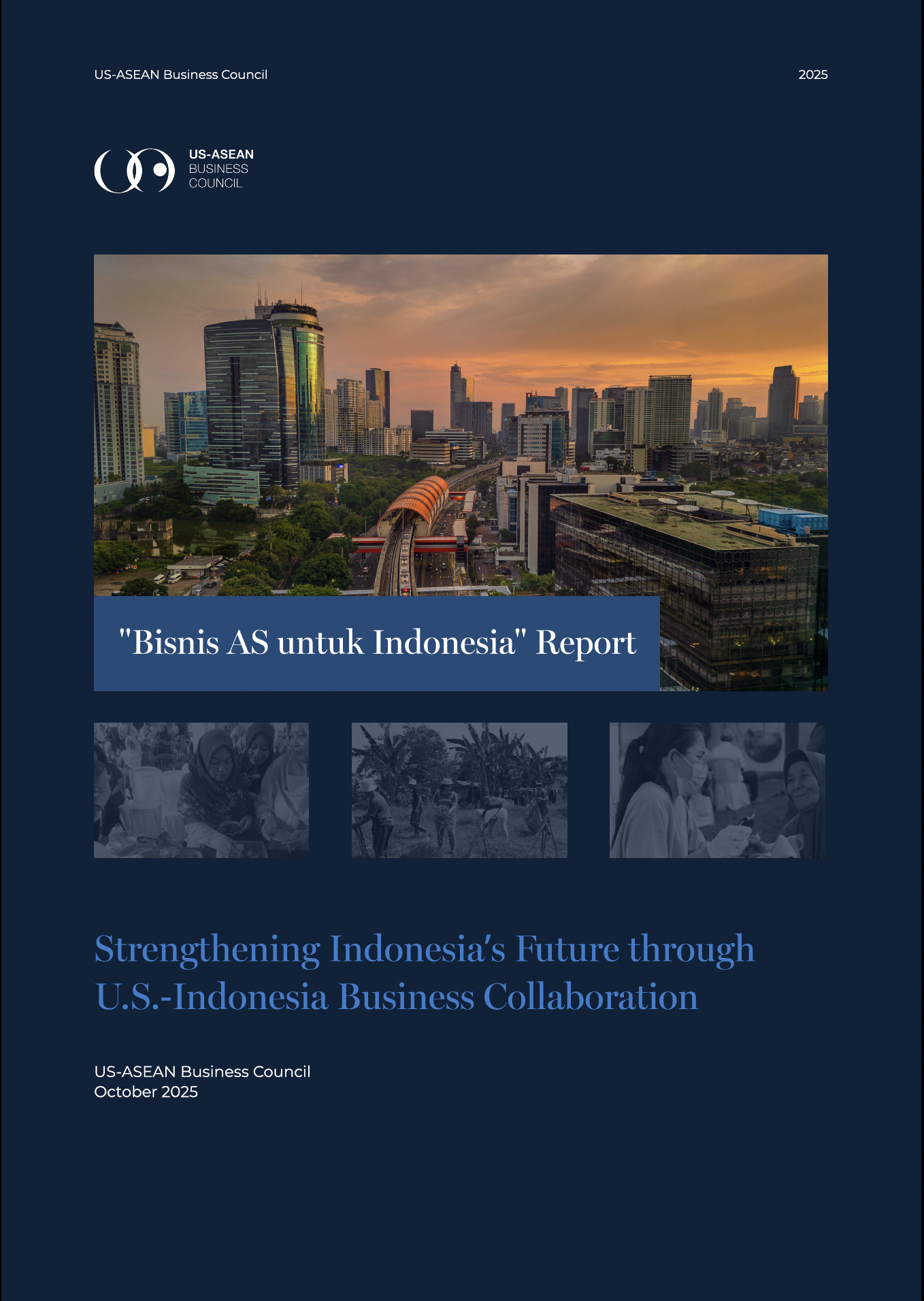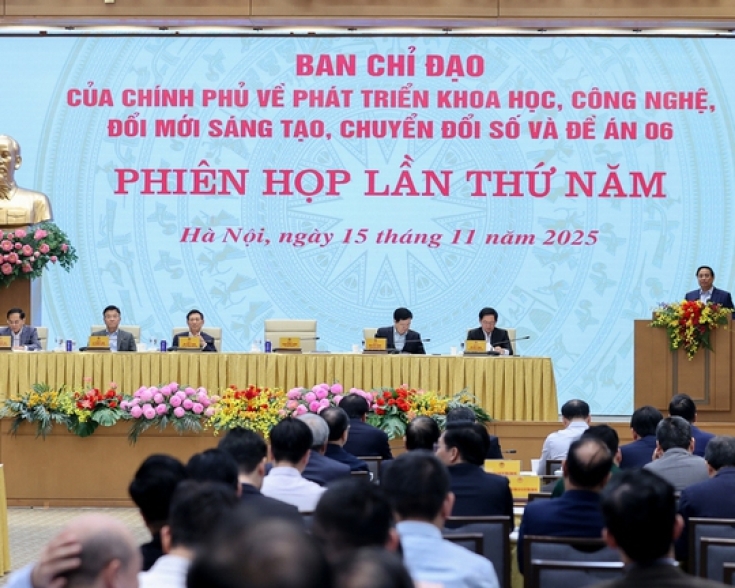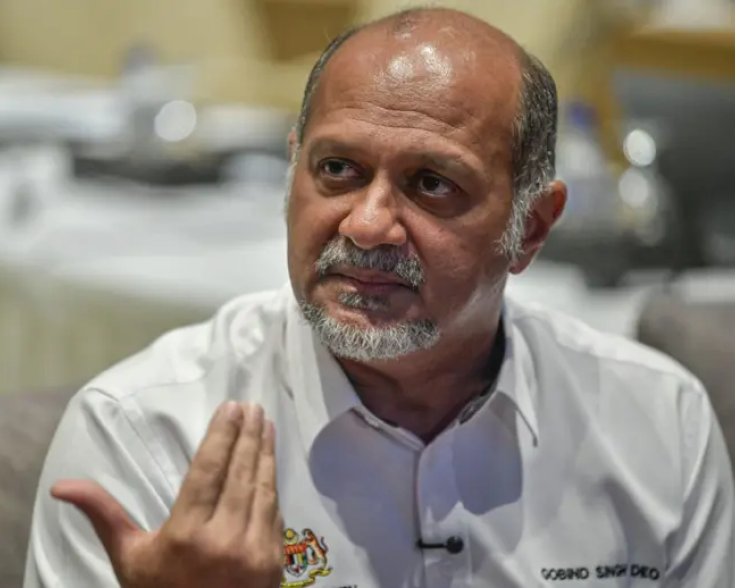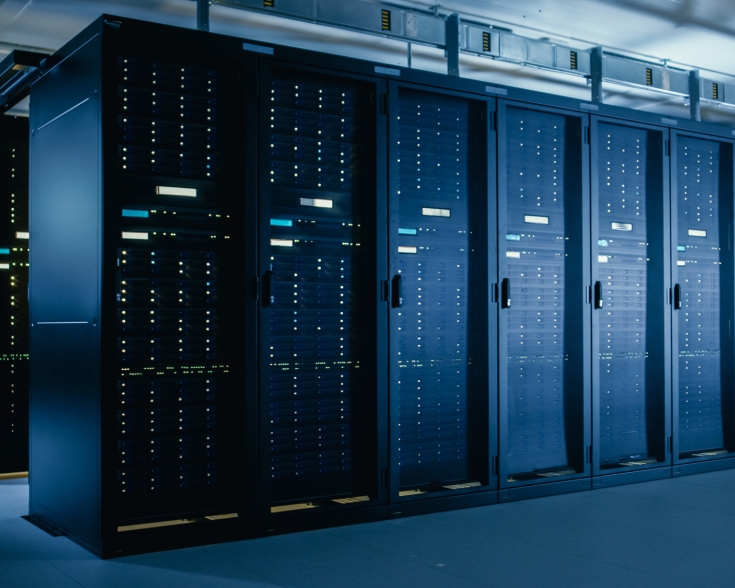Interview with Ambassador Serbini Ali
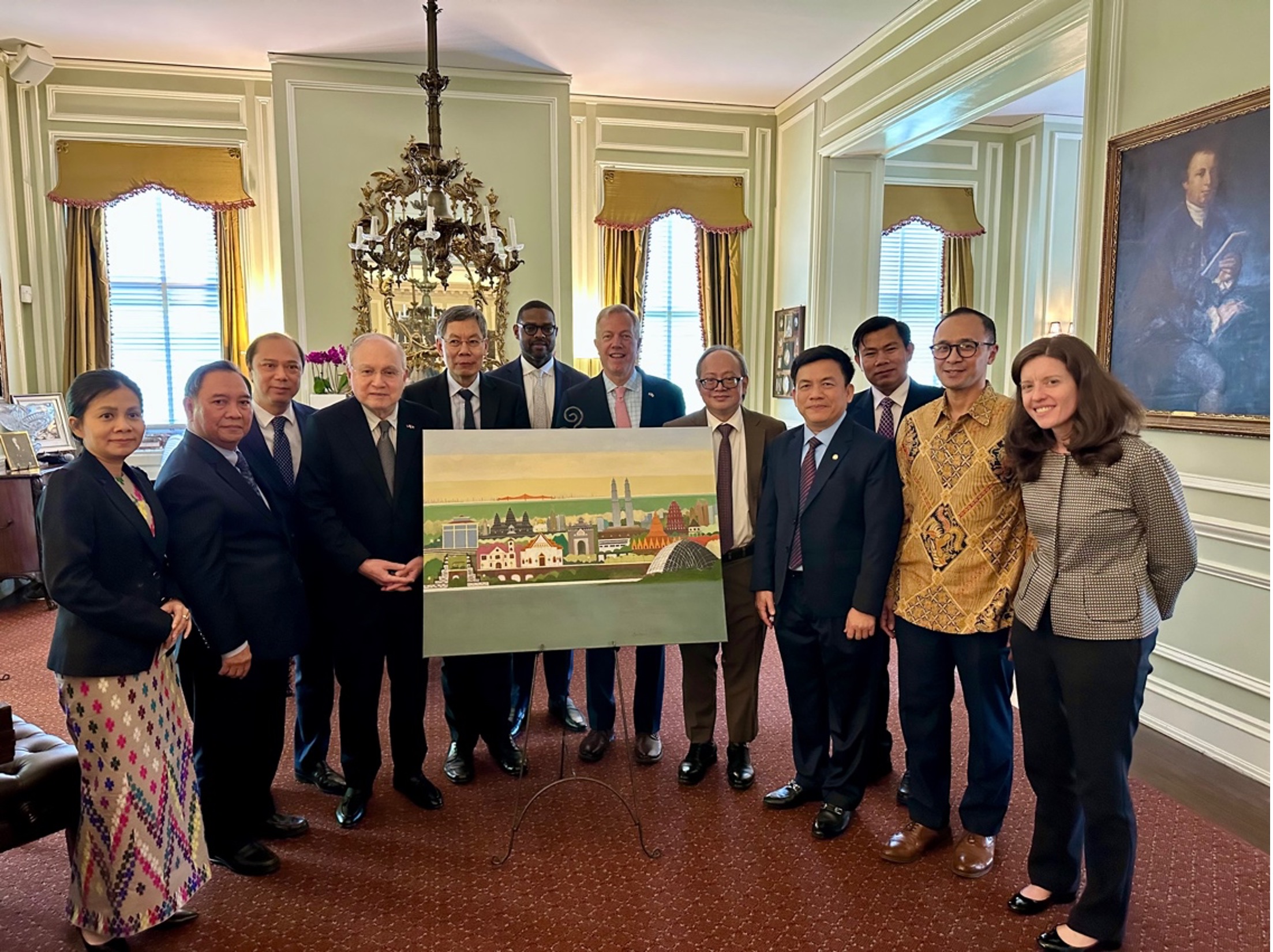
The Council’s President and CEO Ambassador Ted Osius (ret.) had the opportunity to sit down with Ambassador of Brunei to the United States Serbini Ali for a candid conversation on U.S.-ASEAN economic relations, tariff policy, and reflections on the ambassador’s decades-long diplomatic career. A longtime friend of the Council, Ambassador Serbini will be leaving his post in early May following nine years in his role.
The views expressed herein do not necessarily represent those of the Council.
Ambassador Osius
Over the course of your posting here in Washington, how have you seen the U.S.-ASEAN and U.S.-Brunei relationships evolve?
Ambassador Serbini
First of all, let me thank you and your Council for the support that you’ve given to me as the Ambassador of Brunei. At the official levels—meaning at the State Department, the NSC, and the ambassador level—the working relationships are excellent, thanks to personalities like Kurt Campbell and Patrick Murphy. Kurt Campbell has especially contributed a lot to make sure that ASEAN is central in U.S. foreign policy.
Now, at the congressional level, Congress has understood how important U.S.-ASEAN relations are. They introduce solutions. They introduce resolutions and bills that support ASEAN and U.S.-ASEAN frameworks, which puts ASEAN in the right perspective in U.S. foreign policy. I had an opportunity to host dinner for a few of the Members of Congress in the ASEAN Caucus. We usually met around twice a year over working dinners, so I have to thank people like Rep. Ann Wagner, Rep. Joaquin Castro, Rep. Young Kim, and Senator Tammy Duckworth. These are the people who understand the region very well and how important U.S.-ASEAN relations are.
The other is the private sector. This is crucial, because sometimes the private sector doesn’t wait for the government to do business. They know ASEAN very well. Other important players are academic and research institutions. These are the people who advise on what policies are needed, especially when there’s a change of administration.
Ambassador Osius
That's a great framework. I would only add that you know how to make friends: you like making friends, and it shows. I'm not a Marxist—Marxists say, “Well, it's big, impersonal forces.” I think individuals make a difference. You listed Kurt and Patrick and Members of Congress, but I would say diplomats, too.
You stand out because you connect with people through cooking, painting, having people over. You make people feel welcome, you make them feel respected, you make them feel like you care. And that's critical.
When you think about Southeast Asia's growth, investment, and relations with the United States, what are you most hopeful about in the coming years?
Ambassador Serbini
Everybody is talking about tariffs today. I was at the ASEAN Finance Ministers’ IMF meeting yesterday. The IMF study shows Southeast Asia is very badly affected by these tariffs.
Are we hopeful? Well, ASEAN is always optimistic. We've ridden through past financial difficulties, so we are going to ride this storm—but not alone. We have to work with others. We have to work with the United States. So, the first thing that we are going to do is look at this as an opportunity that will give us more ways to increase our intra-ASEAN trade. I think that intra-ASEAN trade is still very low, so there's an opportunity for us to boost that.
The second point is that it will force us to push for more free trade, free investment, and free flows of goods and services, especially as it relates to RCEP and CPTPP. We have to send our message to the rest of the world: we are open to working together. When there are difficulties, the impossible becomes possible.
I also think about other opportunities, such as the digital economy and sustainable development. I want to also mention the importance of sub-regional groupings, like BIMP-EAGA and the Mekong Cooperation Framework, which are going to play increasingly significant roles.
Ambassador Osius
Fantastic. I met this morning with the chief economist of the Asian Development Bank, and he emphasized that what started as a response to tariffs will deepen regional cooperation and integration. There are also other things that each country wants to work on to make them more competitive for investment and trade, and they can use this moment of crisis to force through things that might have been difficult without this uncertainty and pressure from the United States.
Ambassador Serbini
I always say this: if ASEAN prospers, the United States benefits. And if U.S. relationships with other countries are good, then ASEAN benefits.
Ambassador Osius
I couldn't agree more. I've heard from a member of my board who quoted Sun Tzu in The Art of War: “In chaos, there is opportunity.” So yes, businesses and countries want predictability. We don't have that right now. So maybe there are opportunities in this uncertainty that we need to take advantage of.
Ambassador Serbini
Many of us are also concerned with the cuts to USAID and the impact on the programs that promote capacity-building and political exchanges, which ASEAN values. Your YSEALI and Fulbright Scholarship programs are widely acknowledged, rightly respected, and very popular.
If you look around the around the world, where are the best institutions in the world? The United States. Europe has some, but not as many as here. Best practices, best innovation centers—it’s a country of opportunity. There are a lot of things that we can learn from you and take back to our part of the world.
Ambassador Osius
I agree with you.
You have a decades-long diplomatic career. Upon reflection, what are some of the most valuable lessons you've learned about the power of diplomacy and international relations?
Ambassador Serbini
Well, I was in Australia attending foreign service training many years ago, and one of the questions I had was: “How do you remember people?” The course instructor responded: “You have to make an impression.” Now, the impression can be a hobby. If people like fishing and you like fishing, you talk about fishing. If people like politics, you can talk politics.
I also think that you can have a good discussion over a good cup of coffee or something to bite. My daughter gave a speech in which she said that food diplomacy—a bowl of rice or even a small dessert—can smoothen a tough discussion. So I said, “Okay, this is something we’re good at. Why don't we use food diplomacy more?”
Ambassador Osius
I can vouch for that personally. I will never forget the meal where you did the cooking and made roti that you’d learned from a street vendor. It wasn't some fancy chef; it was a street vendor, and it was awesome. And the fact that you had cooked it meant something to me—especially coming from a country where food is the language of love.
Ambassador Serbini
I think the whole idea is that you can have a very good discussion over dinner…
Ambassador Osius
…and you’re still breaking bread.
Ambassador Serbini
You’re still breaking bread. This is something I learned here. If you know Americans, they can be very friendly. You can argue with them, but they’re still your friends. For us, we take it to heart; if you have an argument, you probably won’t speak for the next couple of months! I find Americans are very frank and friendly. If you know them well, they are willing to help as much as they can.
Ambassador Osius
Americans go on. Friendships continue. It’s just part of what we do.

